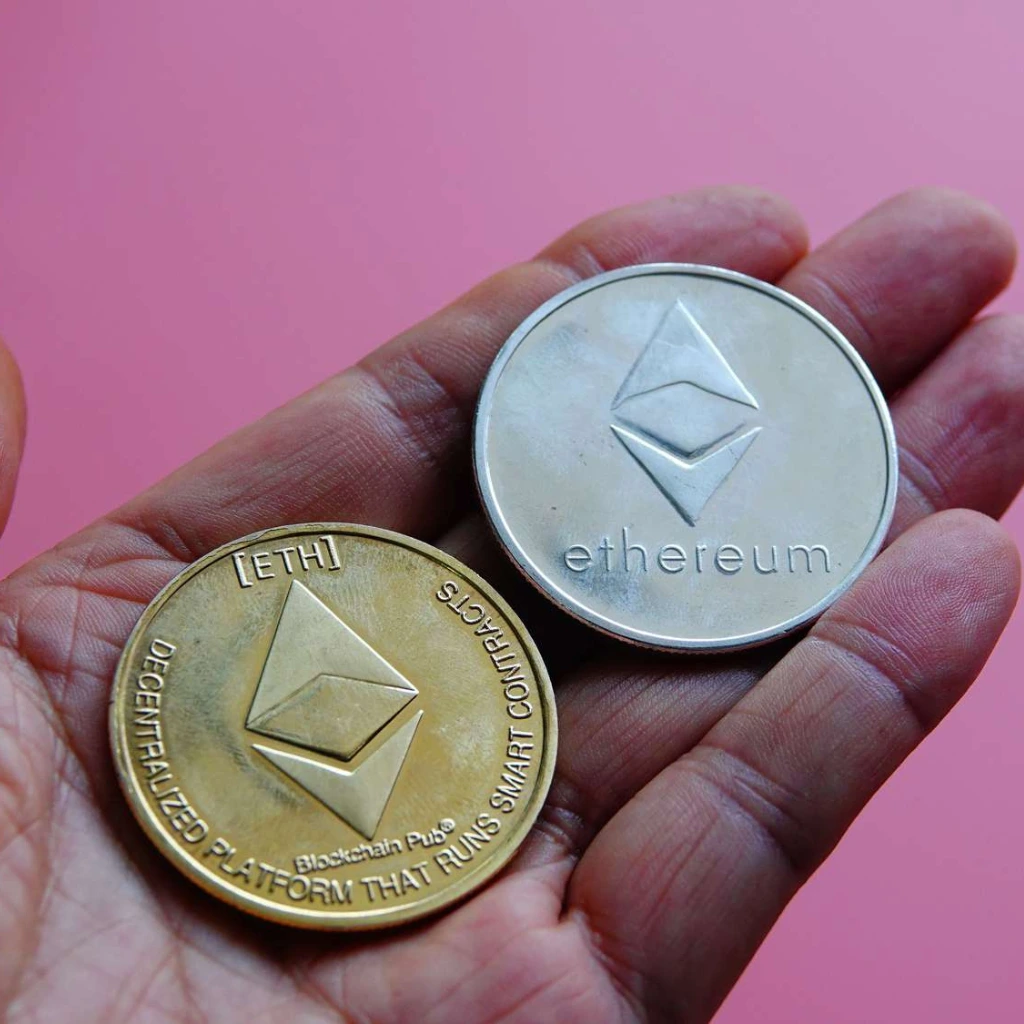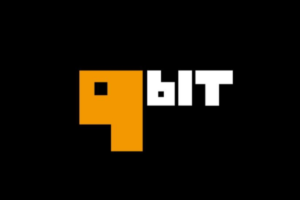Can Stocks Be Tokenized? Unlocking the Potential of Tokenized Stocks
What if buying stocks didn’t require a brokerage account, market hours, or thousands of dollars upfront? What if you could buy $5 worth of Tesla at midnight from your smartphone, without intermediaries or waiting for settlement? It sounds futuristic, but it’s already starting to happen — thanks to tokenized stocks.
Tokenized stocks are digital representations of traditional shares, built and managed on blockchain networks. They promise more than just convenience; they challenge the very framework of today’s investing norms.
Let’s explore what investing could look like if tokenized stocks went mainstream — and what it means if they don’t.

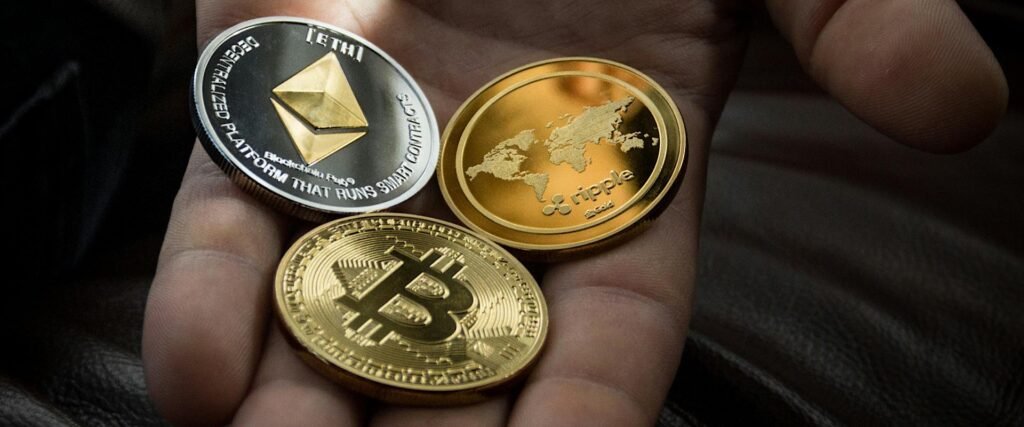
What If Stocks Were Tokenized Globally?
Imagine a world where every stock on the NASDAQ, NYSE, or even foreign exchanges is available 24/7 as a blockchain-based token. No borders, no time zones — just access.
In this world, anyone with a phone and internet connection could own a fraction of Apple, Samsung, or Toyota. A teenager in Nairobi or a retiree in Lisbon could invest without needing thousands of dollars or a traditional brokerage account.
This scenario could revolutionize financial inclusion, empowering millions who are currently left out of traditional markets. Suddenly, a global investing community isn’t just possible — it’s thriving.

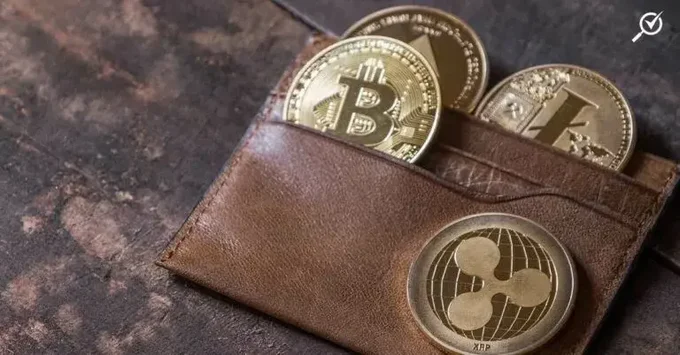
What If You Could Buy Tokenized Stocks Like Crypto?
Let’s say you already trade crypto — and you like the speed, simplicity, and lack of red tape. Now imagine doing the same with stocks.
Tokenized stocks allow you to buy, sell, and even transfer ownership directly through blockchain networks. There’s no closing bell. No three-day settlement delays. Just real-time, peer-to-peer trading — on your schedule.
In this world, fractional ownership becomes the norm. Want $10 of Amazon? Done. Want to automate your portfolio with smart contracts? No problem. Tokenized stocks bring the crypto experience to traditional equity markets — with some extra safeguards.
What If the Middlemen Disappeared?
Picture this: no brokers. No banks. No clearinghouses. Just you and the blockchain.

Tokenized stocks could eliminate — or at least minimize — traditional intermediaries. With direct custody and transparent blockchain records, investors could have more control, faster execution, and lower fees.
But here’s the twist: removing middlemen also shifts more responsibility to the investor. Without custodians and regulators buffering every transaction, you’d need to know how to protect your keys, vet platforms, and read the fine print.
The result? A new era of investor empowerment — and investor accountability.
What If It All Goes Sideways?
Let’s flip the coin.
What if tokenized stocks become a Wild West of unregulated exchanges and unreliable issuers? What if an issuer holding real shares goes bankrupt, leaving your digital tokens worthless?
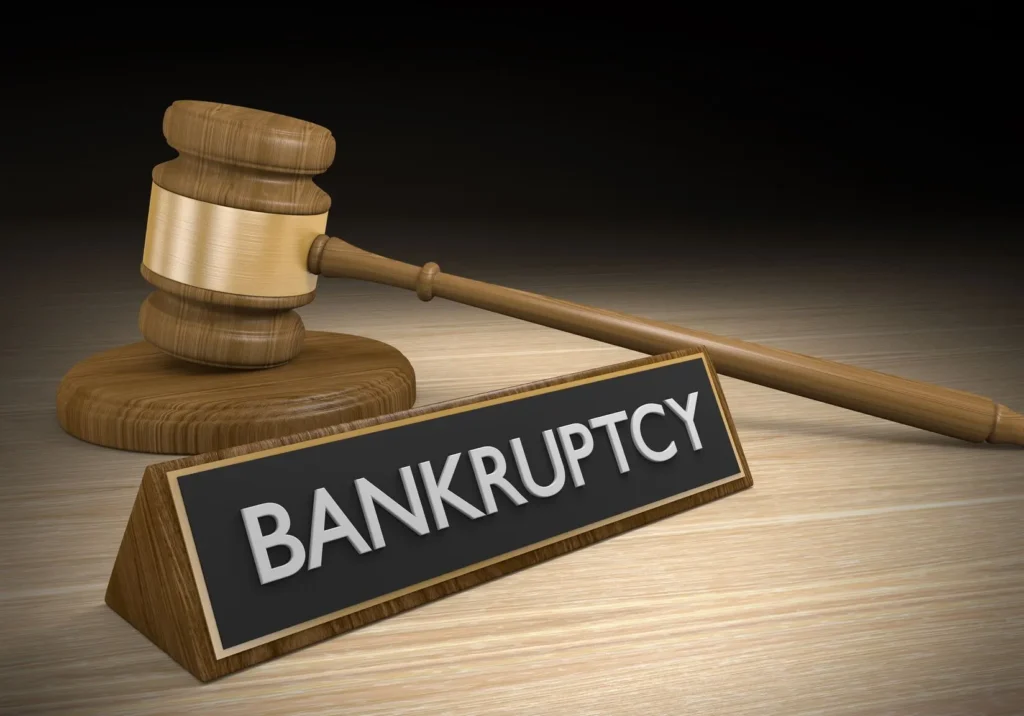
This isn’t sci-fi — it’s a very real risk. Tokenized stocks depend on trust: trust in the issuer, the exchange, the legal framework, and the underlying technology. Without regulation and oversight, the system could unravel fast.
This scenario highlights the importance of clear rules, transparent platforms, and strong custodial infrastructure. Without them, tokenized stocks might be exciting — but not sustainable.
What If They’re the Future — But Not the Present?
Maybe the most likely scenario? Tokenized stocks slowly integrate into the current financial system. Instead of a dramatic overthrow of Wall Street, we see a gradual evolution.
Major institutions might adopt blockchain tech for faster settlements. Brokers may offer tokenized versions of popular stocks. Regulators might step in with guidelines that bring clarity and credibility.
It won’t be overnight. But if blockchain continues to mature, it could become a powerful complement to traditional investing — especially for cross-border access and fractional investing.
So, What If You Start Paying Attention Now?
Tokenized stocks aren’t just a fantasy or fringe experiment. They’re already here, albeit in limited form. Whether they boom or bust depends on how technology, regulation, and investor demand evolve.
But here’s the takeaway: what if this is the beginning of a new investing era — and you miss the chance to understand it?
You don’t have to jump in headfirst. But it’s worth learning how it works, where they’re headed, and what role they could play in your financial future.
Because in a few years, we might not ask, “Can stocks be tokenized?”
We might be asking, “Why weren’t they tokenized sooner?”
Relevant Link : Here

